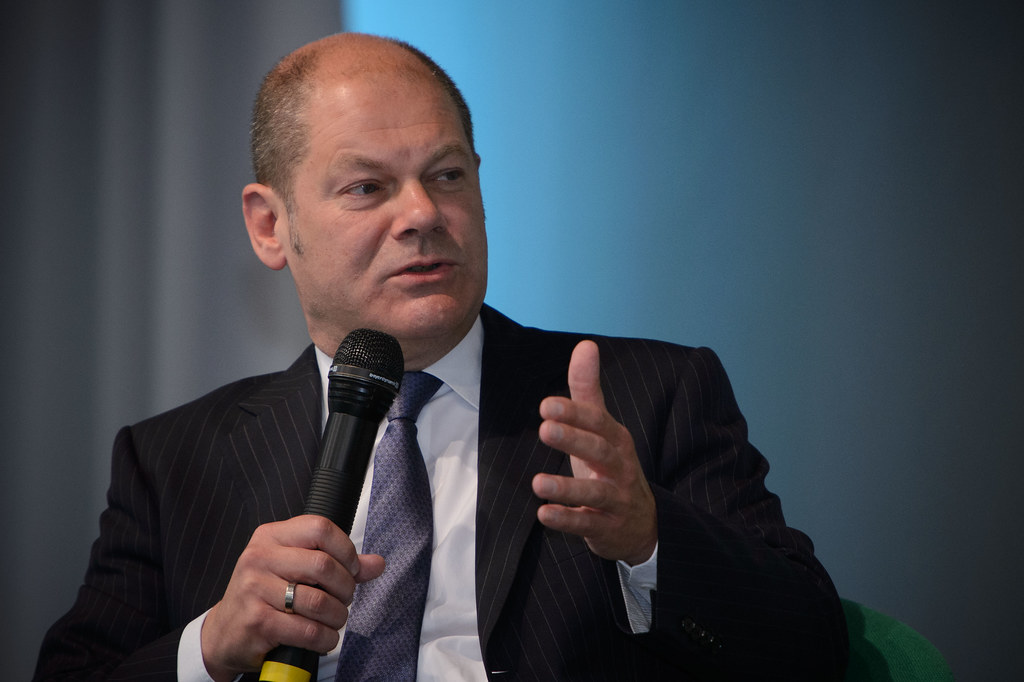RIYADH (Parliament Politics Magazine) – Despite criticism of the kingdom’s human rights record, German Chancellor Olaf Scholz began a two-day Gulf visit on Saturday with a stop in Saudi Arabia where he hopes to close new energy deals.
The governor of the Mecca region, Prince Khalid bin Faisal Al Saud, met Scholz at Jeddah airport on the Red Sea coast together with a sizeable business delegation.
Following his meeting with Crown Prince Mohammed bin Salman, de facto ruler of Saudi Arabia, Scholz declared his desire to strengthen the bilateral relationship in the energy sector.
Speaking to reporters, Scholz suggested that the partnership include hydrogen and alternative energy sources in addition to fossil fuels.
Since Russia’s invasion of Ukraine in February, Germany, which was previously heavily reliant on Russian gas, has been looking to diversify its energy supply.
Before going to the UAE on Saturday evening and then to Qatar on Sunday, the chancellor was supposed to meet with a group of Saudi women.
Scholz claimed that during his discussions with the crown prince, he also brought up problems relating to civil and human rights.
A US intelligence report says bin Salman was the one who gave the order to kill Saudi writer Jamal Khashoggi, who vanished in 2018 after entering the Saudi embassy in Istanbul.
Khashoggi has criticised the Saudi monarchy and the crown prince. He worked as a communist for the Middle East Eye and the Washington Post. His body was believed to be cut up with a bone saw, but his remains were never discovered. The allegations have been denied by the crown prince.
In a Saturday piece in Der Spiegel, prominent German politicians from many parties urged Scholz to address the issues.
When asked if he had brought up Khashoggi’s murder as well, he responded saying that it can be assumed that nothing was left unsaid.
Government sources had already indicated before the visit that the German government vehemently condemned the journalist’s killing and would not be altering its stance.
A government source stated that a strong working relationship with the crown prince was needed because of Saudi Arabia’s significance as a regional power and exporter of fossil fuels.
He continued, the next 10, 20 or 30 years would likely be led by the 37-year-old Prince Mohammed.
“We have to work with Saudi Arabia”
Government sources say Berlin wants to expand collaboration on cutting-edge technology like green hydrogen, which is produced using renewable energy and which Germany might purchase in huge amounts from the Gulf states.
The chancellor would also work to improve political ties with the regional nations that Russia and China were courting.
The government source said that if they wanted to sort out, for instance, the issue of the war in Yemen or address the Iranian crisis, they had to work with Saudi Arabia.
Scholz will have a meeting with Sheikh Mohammed bin Zayed Al Nahyan, the president of the UAE, on Sunday morning.
The chancellor will visit the gas-rich nation of Qatar later that day to meet with the Emir Sheikh Tamim bin Hamad Al Thani.






